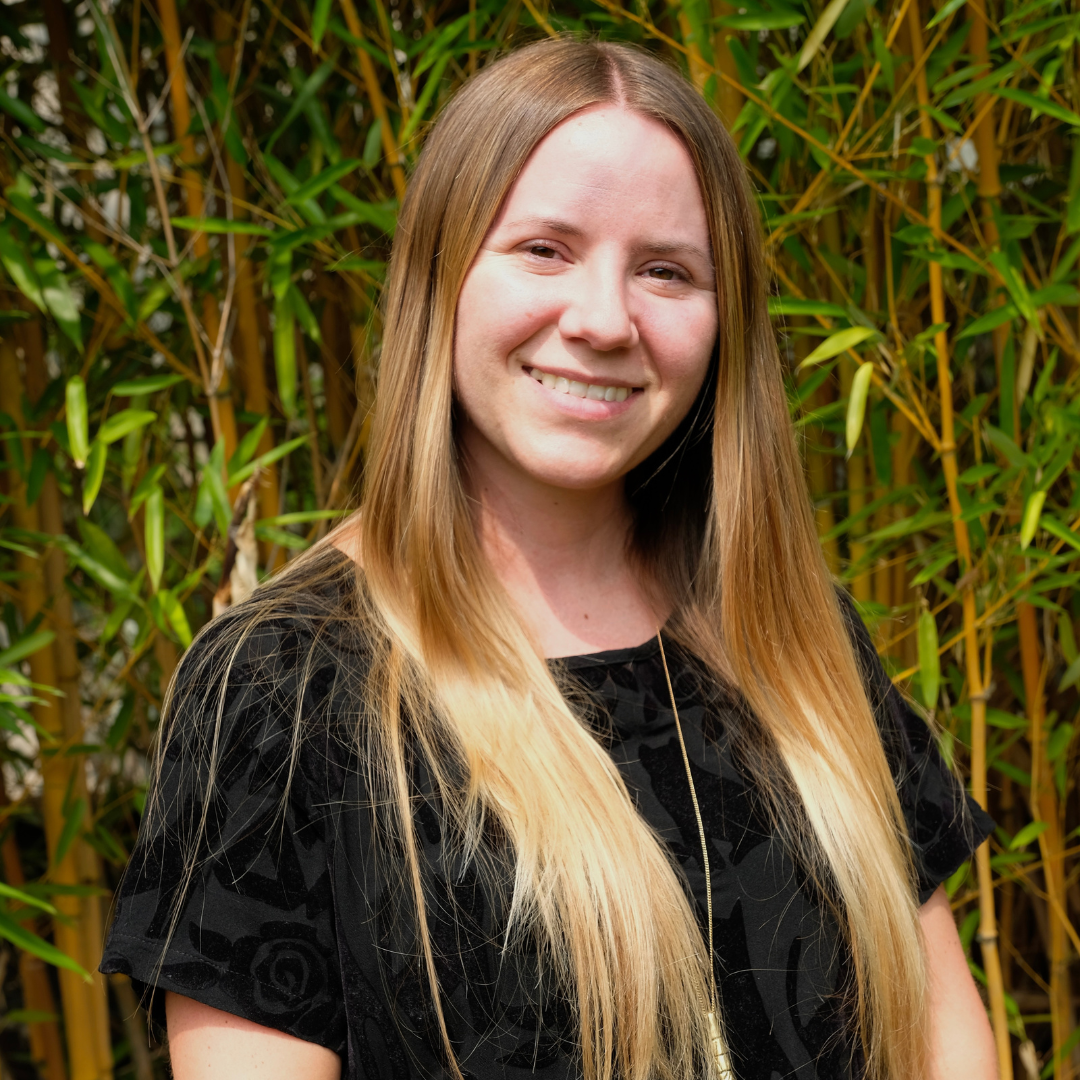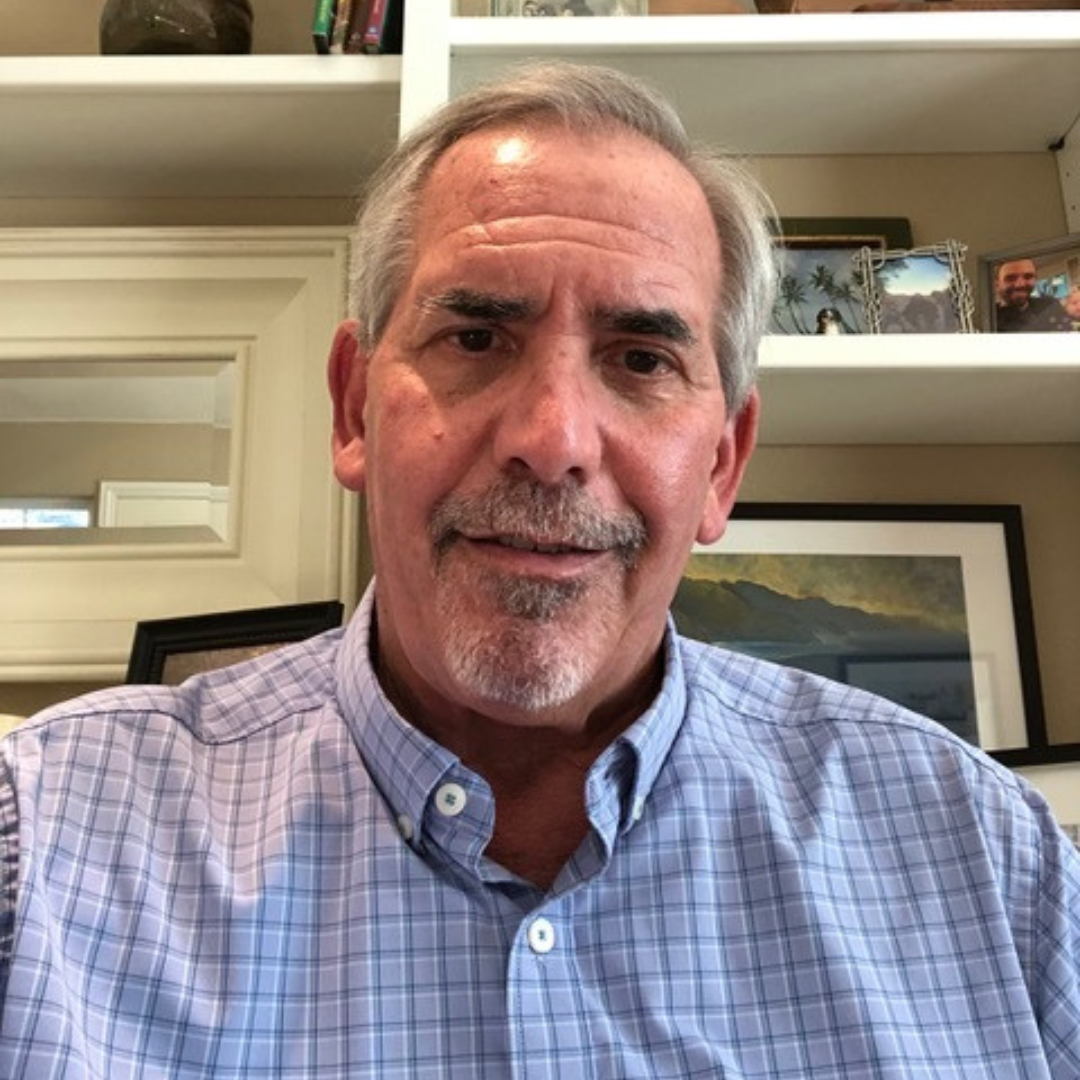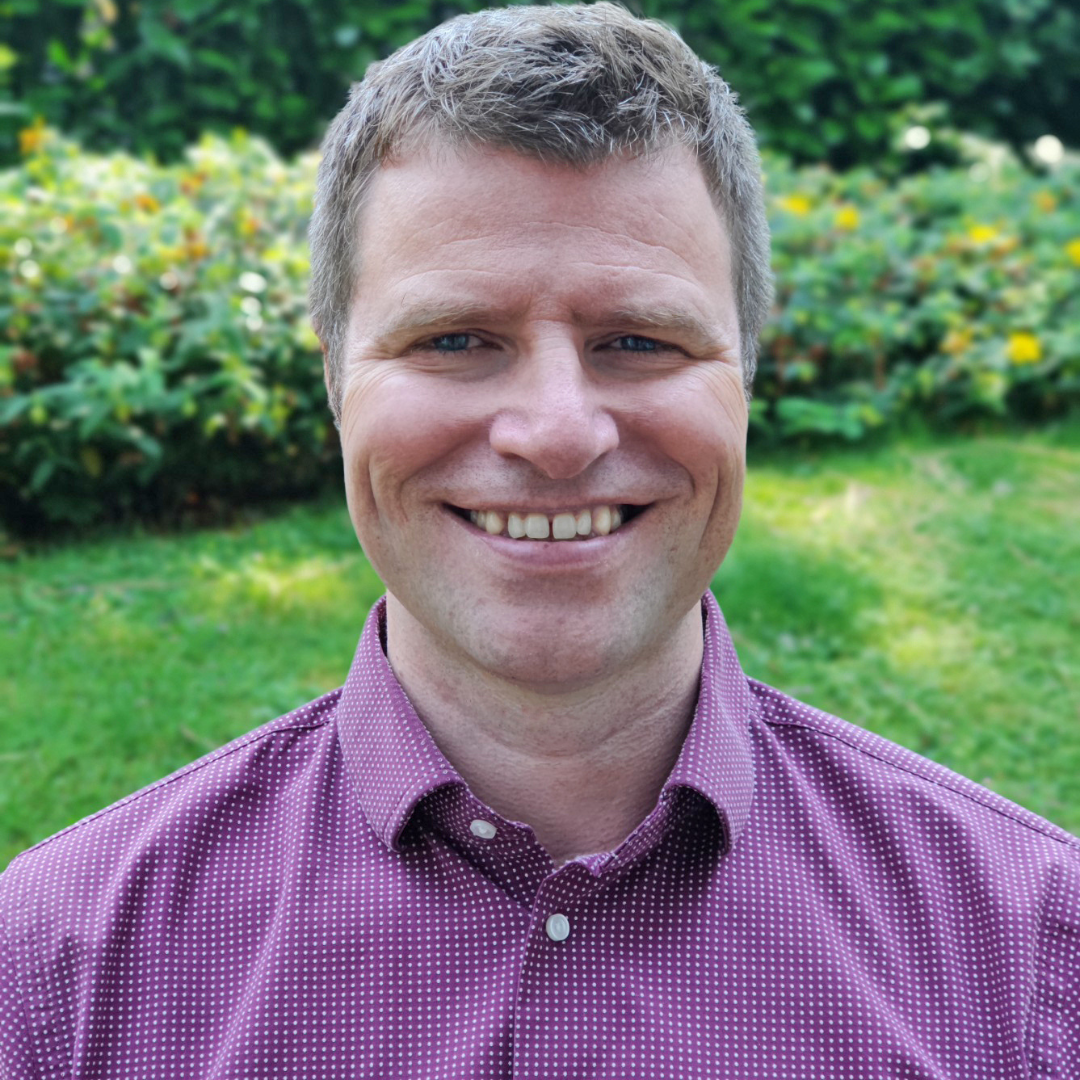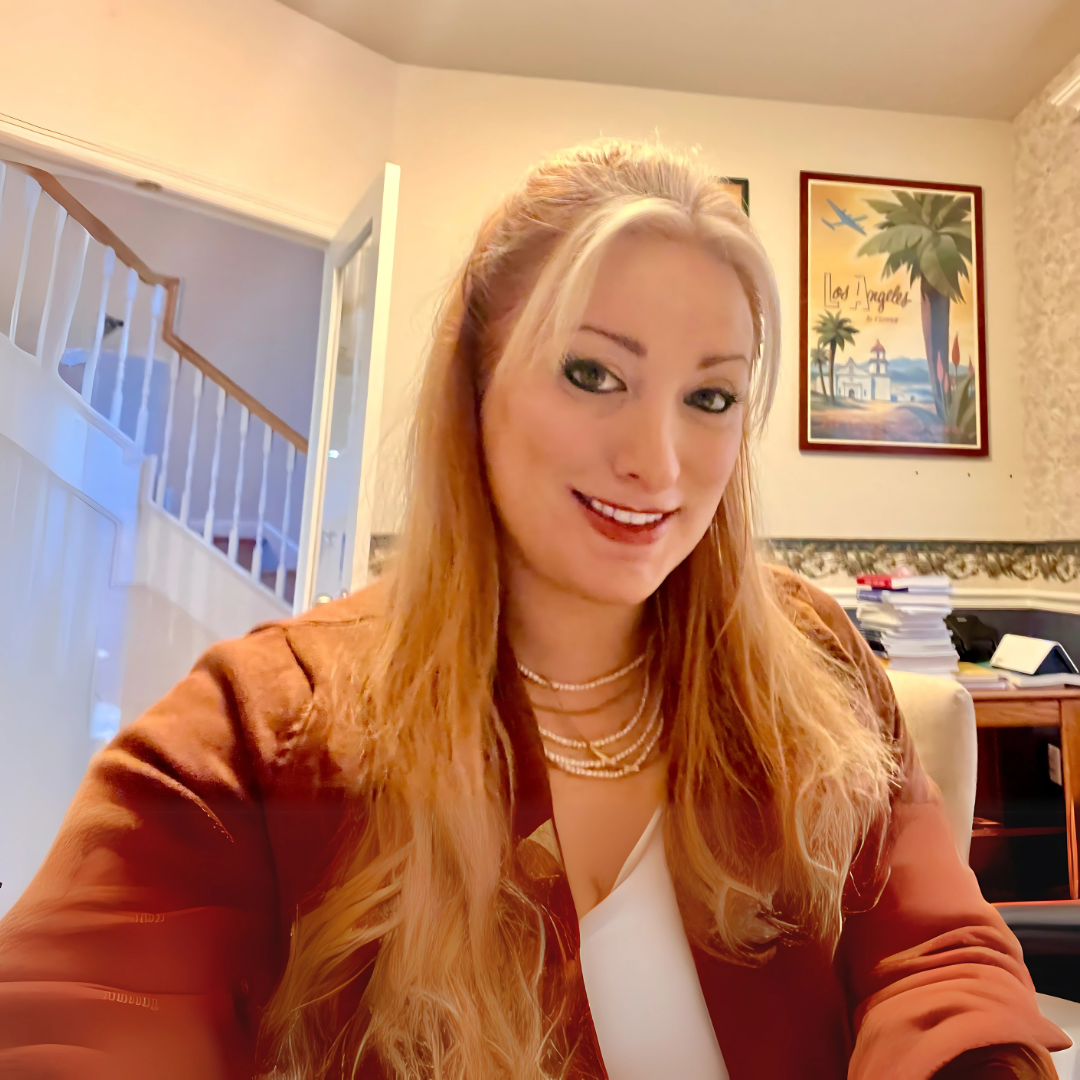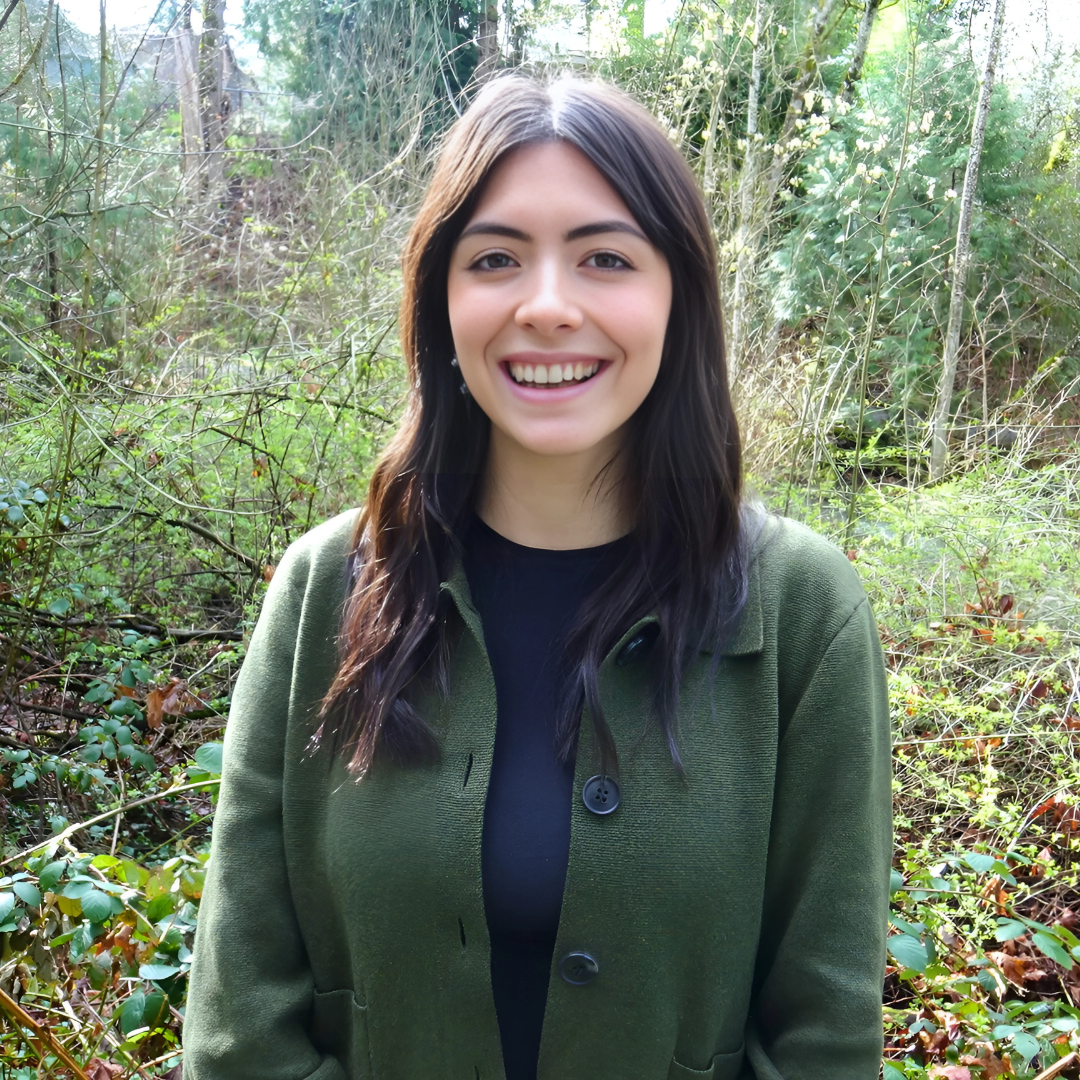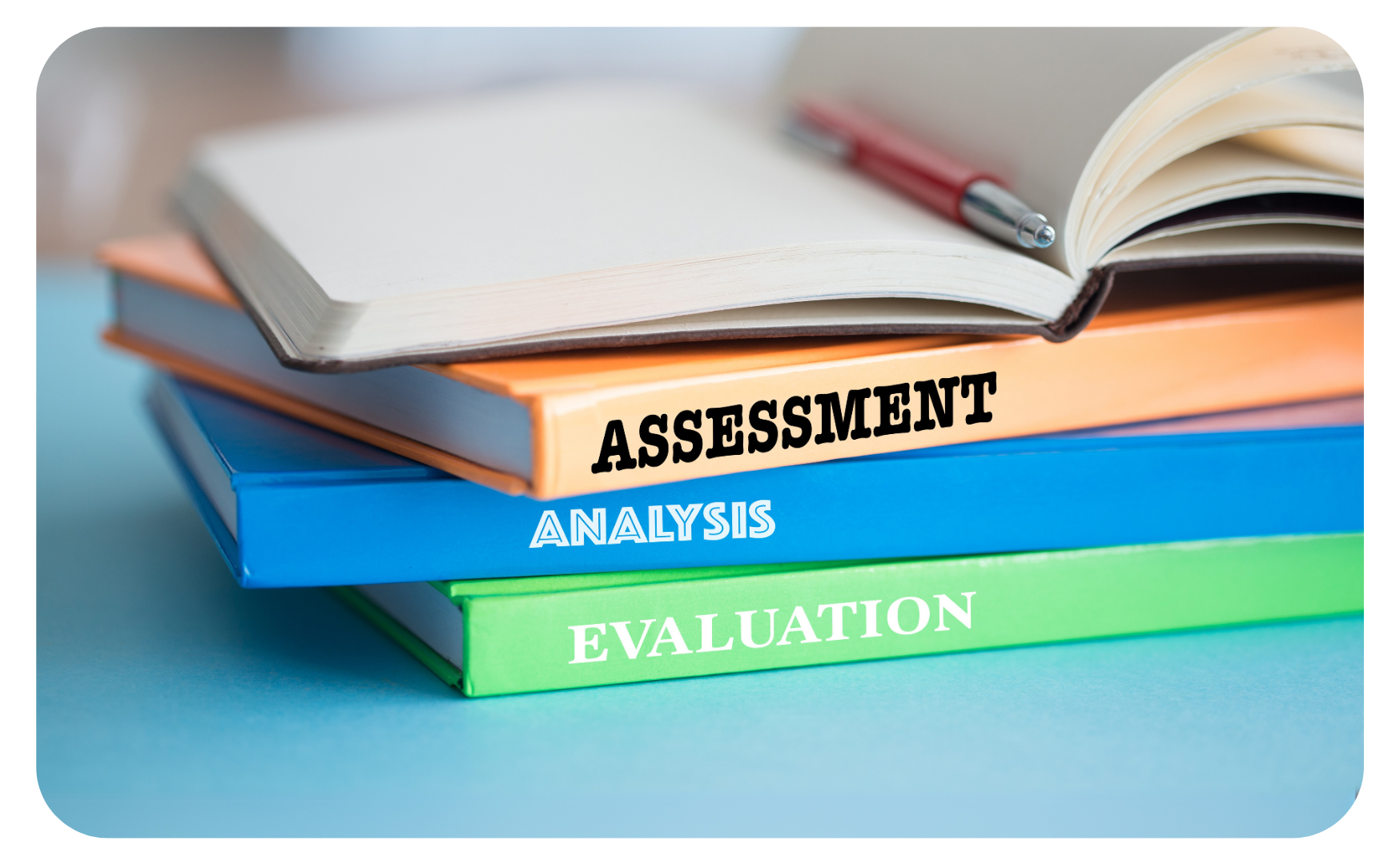Therapy for Depression in Portland, OR
Depression is more than just feeling sad or experiencing a rough patch. It is a serious
mental health condition that can significantly impact every aspect of a person’s life.
Therapy for Depression
in Portland, OR
Depression is more than just feeling sad or experiencing a rough patch. It is a serious
mental health condition that can significantly impact every aspect of a person’s life.
Therapy for Depression in
Portland, OR
Depression is more than just feeling sad or experiencing a rough patch. It is a serious mental health condition that can significantly impact every aspect of a person’s life. At Forest Psychological Clinic in Portland, OR, we provide specialized therapy services to help individuals navigate the challenges of depression. Our goal is to offer effective treatment that promotes healing and allows clients to lead more fulfilling lives.
Feeling Sad or Down at Times
is Normal
But if hopelessness and despair don’t go away, it might be depression. Depression is a common mental health disorder affecting almost ⅓ of Americans at some point in their lives.
Unfortunately, many people don’t get the help they need, and their symptoms can be debilitating. It can interfere with your ability to work, sleep, eat, socialize, and enjoy life. Just trying to get through the day can seem overwhelming.
Depression is a condition that can be effectively treated. By looking for help, you are taking the first step towards improving your well-being.
At Forest Psychological Clinic, our therapists have worked with many people who are going through similar struggles and helped them break through the despair and hopelessness holding them back.
INFORMATION:
300 Oswego Pointe, Suite 220 Lake Oswego, OR 97034
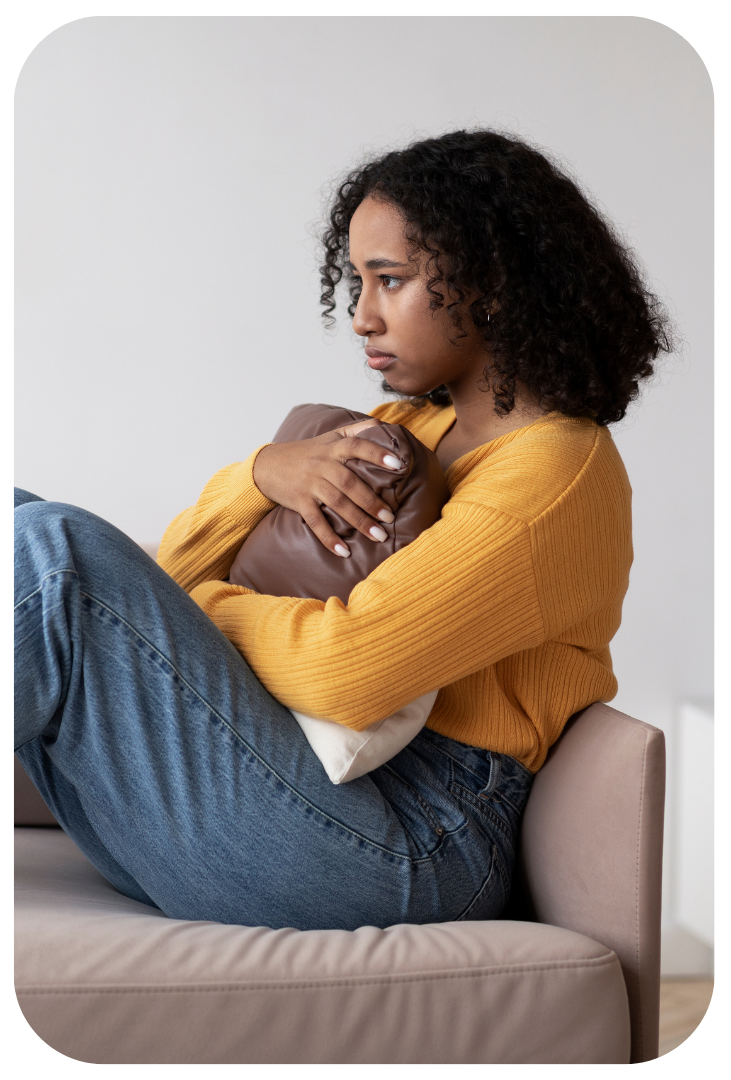
How to Know If You Need Therapy
Recognizing the need for therapy can be a crucial step toward recovery. Here are some signs that may indicate it’s time to seek professional help for depression:
Persistent Sadness: Experiencing prolonged periods of sadness or a feeling of emptiness.
Loss of Interest: A noticeable lack of interest or pleasure in activities you once enjoyed.
Fatigue: Chronic tiredness or a significant loss of energy that doesn’t improve with rest.
Sleep Issues: Insomnia, oversleeping, or disrupted sleep patterns.
Appetite Changes: Significant weight loss or gain due to changes in appetite.
Difficulty Concentrating: Trouble focusing, making decisions, or remembering things.
Feelings of Worthlessness: Persistent feelings of guilt, hopelessness, or worthlessness.
Physical Symptoms: Unexplained aches, pains, or digestive issues that do not respond to treatment.
Thoughts of Death or Suicide: Recurring thoughts about death, suicidal ideation, or attempts.
This is by no means an exhaustive list of reasons to start therapy. It is meant to give you a few signs to look for if you are unsure if treatment could be helpful for you.
What Should I Expect From Therapy?
At Forest Psychological Clinic, the therapeutic process begins with a comprehensive intake. This helps our therapists understand your unique experiences and challenges, which forms the basis for a personalized treatment plan.
During your therapy sessions, you can expect a compassionate and non-judgmental atmosphere where you can openly discuss your thoughts and feelings. Therapy for depression often involves exploring negative thought patterns and behaviors and learning how to replace them with more positive and constructive ones.
Your therapist will work with you to set achievable goals and develop practical skills for managing your symptoms. This might include techniques for improving sleep, increasing physical activity, and engaging in mindfulness practices. Over time, you will build a toolkit of strategies to help you navigate life's challenges more effectively.
Therapy can be life-changing for individuals struggling with depression. One of the primary benefits is the development of healthier coping mechanisms. Instead of resorting to avoidance or harmful behaviors, you'll learn to face challenges head-on and deal with stress in a more productive way. Therapy can also enhance your self-awareness, helping you to understand how your thoughts and feelings influence your behavior.
Another significant benefit is the improvement in your overall mood and outlook on life. As you progress through therapy, you may find that your energy levels increase, your interest in daily activities returns, and your relationships improve. Therapy provides a safe space to practice new skills and receive feedback, which can boost your confidence and sense of self-efficacy.

Help center
Questions and Answers
Find answers to the most commonly asked questions about our services.
Which Therapy is Best for Depression?
The best therapy to treat depression depends on the individual’s specific needs, the severity of their condition, and their response to treatment. Cognitive behavioral therapy (CBT) is one of the most widely used and effective approaches, particularly for those experiencing mild or moderate depression. CBT helps individuals identify negative thought patterns, challenge irrational beliefs, and develop healthier coping mechanisms to manage depressive symptoms.
For individuals with moderate or severe depression, interpersonal therapy (IPT) is another effective option. IPT focuses on improving relationships, communication skills, and social support, which can significantly impact emotional well-being. In cases of persistent depressive disorder or major depressive disorder, psychodynamic therapy may be beneficial, as it explores underlying emotional conflicts, unresolved trauma, and deep-seated psychological factors contributing to depression.
Additionally, some individuals may benefit from talk therapy combined with medication, such as selective serotonin reuptake inhibitors (SSRIs). These medications can help stabilize mood by increasing serotonin levels in the brain, making therapy more effective. A qualified mental health professional can assess each person’s unique situation and recommend the most appropriate combination of therapies.
What Are the 3 Most Common Treatments for Depression?
The three most common depression treatments include, Individual Therapy, CBT, talk therapy, medication, and lifestyle modifications, each playing a crucial role in managing clinical depression and depressive symptoms.
Therapy (Psychotherapy):
Different types of talk therapy, such as cognitive behavioral therapy (CBT), interpersonal therapy (IPT), and psychodynamic therapy, help individuals process emotions, identify harmful thought patterns, and develop effective coping strategies. Cognitive behavioral therapy is especially useful for teaching patients how to break the cycle of negative thinking that contributes to depression.
Medication:
Antidepressants, particularly selective serotonin reuptake inhibitors (SSRIs) like Prozac and Zoloft, are commonly prescribed to help regulate neurotransmitters in the brain. These medications can be highly effective for individuals with major depressive disorder or severe depression, but they often work best when combined with therapy. A mental health professional may recommend medication and dosage based on the individual’s symptoms.
Please note that while our psychologists provide therapy and mental health support, they do not offer medication management. If medication is needed, we can work with you and your primary care physician for evaluation and prescription.
Lifestyle Changes:
Incorporating regular physical activity, a balanced diet, and proper sleep can significantly reduce depressive symptoms. Exercise releases endorphins, naturally boosting mood and energy levels, while proper nutrition supports brain function. Additionally, reducing stress through mindfulness practices, meditation, and engaging in fulfilling social activities can help those struggling with mild or moderate depression feel more in control of their mental health.
What Is the Best Way to Cope with Depression?
Coping with depression requires a combination of therapeutic support, medical intervention (if necessary), and self-care strategies that promote emotional resilience. One of the most effective ways to manage depressive symptoms is engaging in cognitive behavioral therapy (CBT) or psychodynamic therapy, which can help individuals understand their emotions, reframe negative thoughts, and develop healthier habits.
For those with major depressive disorder or severe depression, medication such as selective serotonin reuptake inhibitors (SSRIs) may be necessary to stabilize mood and enhance the effectiveness of therapy. However, medication alone is not a cure, and long-term improvement often requires active participation in talk therapy and structured coping techniques.
In addition to professional treatment, self-care strategies such as maintaining a consistent routine, engaging in regular physical activity, and prioritizing meaningful social connections are vital. People with persistent depressive disorder may benefit from setting small, achievable goals, practicing mindfulness, and finding creative outlets for expression, such as journaling or art.
A strong support system also plays a crucial role in recovery. Seeking guidance from a mental health professional, participating in support groups, and staying connected with loved ones can help individuals feel less isolated and more capable of managing their emotions. While overcoming depression is a gradual process, developing a structured approach to coping can lead to significant improvements in emotional well-being.
What Are Three Strategies for Coping with Mild Depression?
For individuals experiencing mild or moderate depression, implementing practical coping strategies can help improve mood and prevent symptoms from worsening. While professional depression treatment is beneficial, daily habits and mindset shifts also play a key role in recovery.
Therapy and Self-Reflection:
Engaging in cognitive behavioral therapy (CBT) or interpersonal therapy (IPT) can provide tools to recognize and challenge negative thought patterns. Talk therapy allows individuals to express their emotions, gain perspective, and develop effective coping mechanisms. Journaling, meditation, and mindfulness practices can also enhance self-awareness and emotional regulation, making it easier to manage depressive symptoms.
Healthy Lifestyle Habits:
Physical health significantly impacts mental well-being, and simple lifestyle changes can help treat depression naturally. Regular exercise boosts endorphin levels, improving mood and reducing stress. A nutritious diet rich in whole foods supports brain function, while adequate sleep helps regulate emotions and energy levels. Individuals struggling with persistent depressive disorder may benefit from setting a daily routine to maintain consistency and motivation.
Social Connection and Emotional Support:
Isolation can worsen clinical depression, so maintaining strong relationships with supportive friends, family, or therapy groups is essential. Engaging in enjoyable activities, volunteering, or participating in community events can help individuals regain a sense of purpose and belonging. A mental health professional can also provide guidance on strengthening communication skills and building a solid support network to navigate the challenges of moderate or severe depression.
How Do I Know I Am Struggling with Depression?
Recognizing depression symptoms can be the first step toward getting the help you need. While it’s normal to feel down from time to time, major depressive disorder involves persistent sadness, loss of interest in activities, or difficulty performing normal daily activities for at least two weeks or more.
You may be struggling with depression if you notice:
Feeling hopeless, numb, or empty most of the day
Changes in sleep or appetite
Loss of energy or motivation
Difficulty concentrating or making decisions
Withdrawal from relationships or activities
Thoughts of worthlessness or self-blame
Everyone’s experience is different, and symptoms can vary depending on your situation. That’s why mental health services often begin with a personalized assessment and may include an individualized treatment plan tailored to your unique needs.
If you’re noticing changes that affect your ability to function or enjoy life, reaching out to a therapist or other mental health professionals can help you take the next step toward mental wellness, personal growth, and living a more meaningful life. At Forest Psychological, we love working with people to help them on their mental health path. Contact us today.
I am not sure if you guys do TMS or not, but it came up in our research and we wanted to include it in the content. If you don’t do it we can take that part out.
What Are My Options If Traditional Depression Treatments Haven’t Worked?
If you’ve tried talk therapy or medications and haven’t found relief, you’re not alone. Many people with mood disorders, including major depressive disorder, benefit from alternative approaches when first-line treatments fall short.
One innovative option is TMS therapy (transcranial magnetic stimulation), a non-invasive procedure that uses magnetic pulses to stimulate areas of the brain associated with mood regulation. TMS is FDA-approved and is especially helpful for individuals who haven’t responded well to medication.
In addition to TMS, many providers offer commitment therapy, medication management, and holistic strategies focused on mental wellness, relationship issues, and personal growth. These are often delivered through comprehensive person services designed to support each person’s unique needs.


We provide a safe space where you can find peace within yourself. Our expert therapists guide you through overcoming mental challenges with personalized care.
300 Oswego Pointe, Suite 220 Lake Oswego, OR 97034
Copyright © 2026 Forest Psychological Clinic, LLC - All Rights Reserved.



